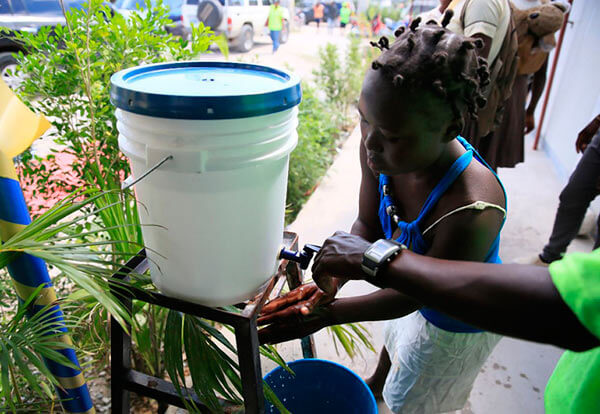Noting the challenges that continue to hamper sustained progress in combating cholera in Haiti, the United Nations has called for more international support to combat the disease in the French-speaking Caribbean country.
The United Nations General Assembly underscored the need to strengthen national health, sanitation and water systems in Haiti in promoting the well-being of the population, as well as contributing to the country’s sustainable development efforts.
In a resolution adopted on Thursday, July 13, the General Assembly recognized the efforts made by the United Nations in alleviating the cholera epidemic in Haiti, in particular through the new UN approach to the disease and the decrease in the number of suspected cases as a result of intensified response efforts under the approach.
In addition, the UN said the Assembly underscored that maintaining the intensified cholera response and control remained “critical,” inviting United Nations Member States, donors, financial institutions and the private sector to provide voluntary funding and support for the new UN approach.
The 193-member General Assembly also called for greater international and regional cooperation and technical assistance, including through bilateral, North-South, South-South and triangular cooperation, the United Nations said.
Additionally, the Assembly welcomed the intention of the Secretary-General to invite UN Member States to voluntarily direct their share of the “unencumbered balance” and other income for the UN Stabilization Mission in Haiti, known by its French acronym, MINUSTAH, to support the new approach.
MINUSTAH is drawing down its operations in Haiti and transitioning into a new, smaller follow-on presence to assist the government in strengthening rule-of-law institutions, security sector and human rights monitoring, the United Nations said.
The Assembly also called on the United Nations chief to “rigorously pursue and complete” the liquidation of the assets of MINUSTAH; and, when disposing of the assets, to consider their potential use by the United Nations country team and the Haitian government in supporting the cholera response, as well as sustainable development of Haiti.























